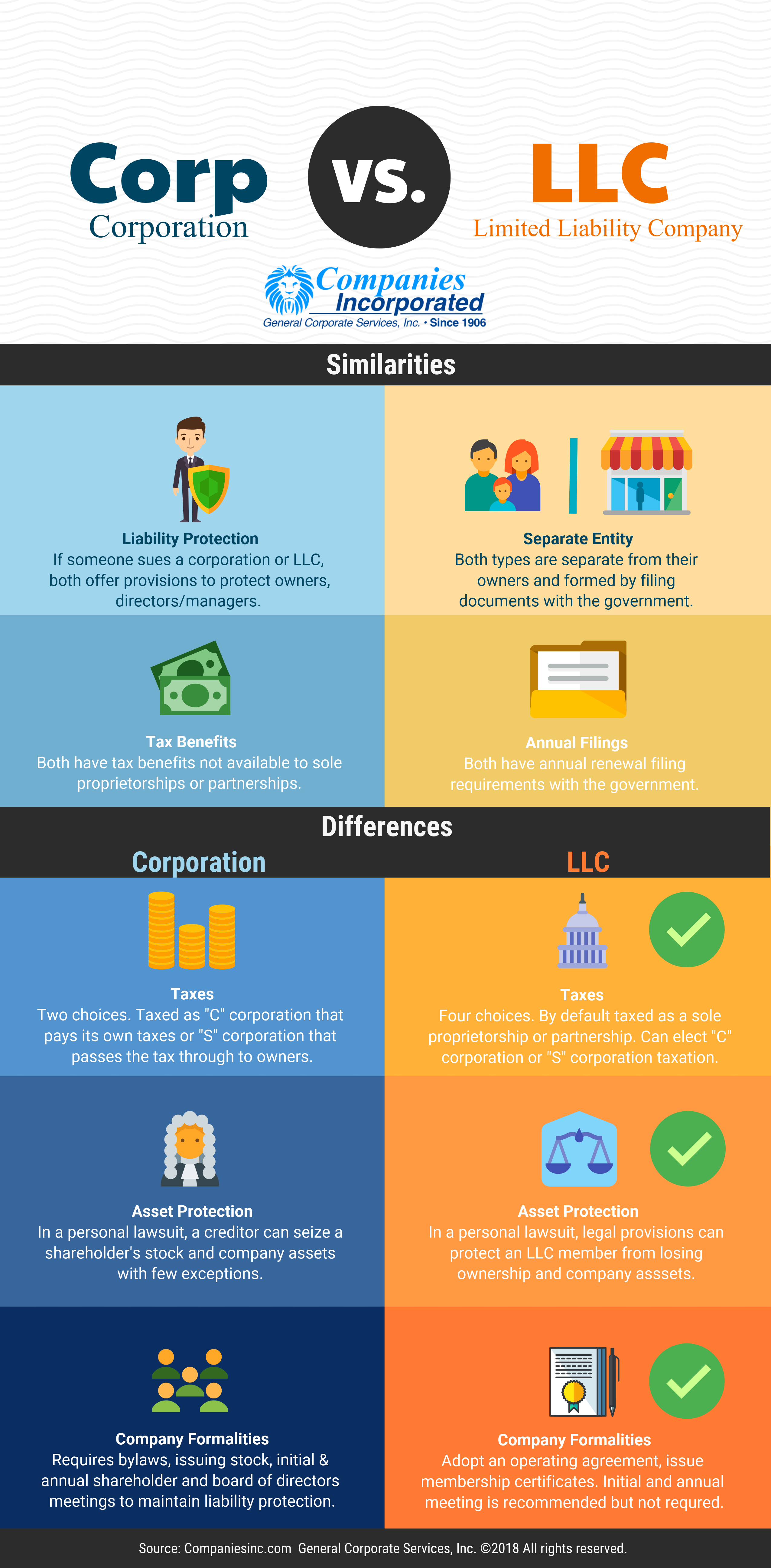
When looking for a new investment advisor, you will likely wonder what the average money management fees are. Investment advisors charge anywhere from 0.25% to 0.3% of assets. In this article we will examine the fees charged by three licensed investment advisors. This will allow you to make an informed decision about the industry and your personal needs. As always, be sure to check the fine print to make sure you are not paying too much.
Assets from 0.2% to 0.3%
A lot of financial advisors charge an investment management fee. This is usually a percentage on your account balance. A 1% fee for a portfolio of under $250k will be more than 0.25% of your balance after inflation. However, this is only the average. Many advisors charge more than 1% of your account balance, but many charge far less than this amount. Most advisors will increase the annual fee by 0.25%.

Investment advisors can receive assets from 0.25% to 0.300%
Veres' data contains both fees for fee -only advisors, and total cost AUM. The costs of trading platforms and underlying investments are also included in fees. Investment advisors with an AUM of less than $1,000,000 pay the lowest fees. While they are increasing steadily over time, they remain relatively stable. Fees charged to financial advisors whose AUM exceeds $5 million are typically between 1.5% and 0.7% of assets.
According to State Street Global Advisors, nearly half of investors believe that the cost of investing is included in the fee. Nearly half of millennials, generation X, and baby boomers incorrectly believe that fees cover the cost of mutual funds. This belief is especially prevalent among younger investors. 71% of boomers believe this. Advisor fees do not cover the investment fee in mutual funds.
0.25% to 0.30% of assets for registered investment advisors
The average advisor fee for registered investment advisors is between 0.25% and 0.30% of AUM. The fees tend to decrease with asset value. Portfolios below $250k have a median fee of 1.25%, while assets above $1M have a median fee of 0.88%. A lot of advisors charge more then 1% of their AUM. As a client's account balance rises, fees decrease.

Schwab employees make more money on SWA and advisory assets than independent contractors. However, they earn less. Independent contractors, on the other hand, earn a monthly "Net Payout" from Schwab that they pay to IB Representatives. You may be able to get lower fees by signing individual agreements or taking advantage of promotional offers. Know the fees and nature of your account before choosing an investment advisor.
FAQ
How did modern consultancy come about?
The first consultants were accountants that helped companies manage finances. They became known as "accounting consultants." This was because they had become very skilled at managing financial information. But, their role soon expanded to other areas such as human resource management.
The French word for advice, "consultant", was originally used to describe someone who could advise on the management of an organization. Even today, many business owners still use "consultant" when referring to professional advisors.
What qualifications are required to become a consultant?
It is not enough to have an MBA degree. You must also have experience as a consultant. Two years experience should be gained in consulting or training for a major corporation.
You will need to have worked closely alongside senior management teams in order to develop strategy projects. This would require you to be comfortable with presenting ideas and getting buy in from clients.
You will also need to pass a professional qualification test such as the Chartered Management Institute Certified Management Consultant certification (CMC).
Who hires consultants
Many organizations have consultants who help them with projects. These include small businesses, large corporations, government agencies, non-profits, education institutions, and universities.
While some consultants work for these companies, others are freelancers. The hiring process will vary depending on the complexity and size of the project.
There will be many rounds of interviews for consultants when you are looking to hire. Only then can you select the right person to fill the position.
Is it possible to run a consultancy business from home?
Absolutely! Many consultants do this already.
Many freelancers work remotely via tools such as Skype, Trello and Basecamp. Many freelancers set up their own office space to avoid missing out on company perks.
Some freelancers prefer to work at libraries and cafes instead of traditional offices.
Others prefer to work from home as they feel more at home with their families.
Working from home comes with its own pros and cons. It is worth it if you love your work.
Statistics
- Over 50% of consultants get their first consulting client through a referral from their network. (consultingsuccess.com)
- Over 62% of consultants were dissatisfied with their former jobs before starting their consulting business. (consultingsuccess.com)
- So, if you help your clients increase their sales by 33%, then use a word like “revolution” instead of “increase.” (consultingsuccess.com)
- "From there, I told them my rates were going up 25%, this is the new hourly rate, and every single one of them said 'done, fine.' (nerdwallet.com)
- My 10 years of experience and 6-step program have helped over 20 clients boost their sales by an average of 33% in 6 months. (consultingsuccess.com)
External Links
How To
How can you find the best consultants?
The first thing to do when looking for a new consultant is to ask yourself what you want from him/her. Before you look for someone, you need to be clear about your expectations. It is important to make a list with all the requirements you have for a consultant. This might include skills such as project management, professional expertise, communication, availability, and technical skills. Once you have identified your requirements, you might consider asking friends and colleagues to recommend you. Ask them what their experience with consultants was like and how they compare to yours. Research online if you don’t already have recommendations. You will find many websites such as LinkedIn, Facebook Angie's List, Indeed and Indeed where people can leave reviews about their past work experiences. Consider the ratings and comments of other candidates and use these data to start your search for potential candidates. Finally, once you've got a shortlist of potential candidates, make sure to contact them directly and arrange an interview. At the interview, it is important to discuss your requirements and get their feedback on how they can help. It doesn't matter whether they were recommended to you or not; just ensure that they understand your business objectives and can demonstrate how they can help you reach those goals.